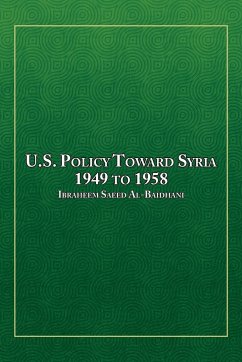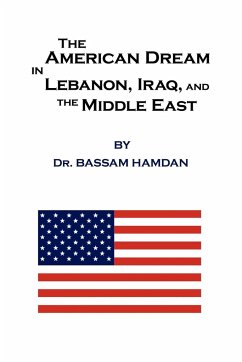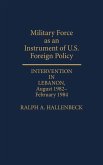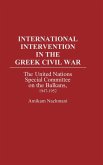This work examines and contrasts U.S. decisions concerning military intervention in Lebanon in 1958 and 1982, and how the decisions made by Presidents Eisenhower and Reagan resulted in certain outcomes and avoided others. To bring each administration's decisions into perspective, the events that shaped foreign policy are examined, while the quality of the decisions are assessed in terms of each leader's managerial style and cognition. Among the topics addressed with regard to the formulation and conduct of U.S. policy are the premises and rationale behind each president's policy decisions, the events that shaped specific responses, and the resulting lessons that apply to crisis situations. Following a brief introduction, Agnes Korbani offers a concise review of the systematic and motivational opportunities for military intervention in Lebanon. A pair of chapters cover the 1958 intervention, beginning with a survey of the 1955-57 period and the circumstances that shaped U.S. responses, followed by a discussion of how the decision to intervene was formulated and why the action took the form it did. The 1982 interventions are the focus of the next chapters, which review President Reagan's intervention objective, the regional issues that influenced the decision to intervene, and the rationale behind the move. Two concluding chapters suggest ways to apply theory and decision models to the crises, and detail major errors that could have been avoided and lessons that should be learned. This is the first book to deal with decision making in an Arab country from a comparative perspective, and should be an essential reference source for scholars of U.S. foreign policy, Middle Eastern studies, and presidential studies.
Hinweis: Dieser Artikel kann nur an eine deutsche Lieferadresse ausgeliefert werden.
Hinweis: Dieser Artikel kann nur an eine deutsche Lieferadresse ausgeliefert werden.








